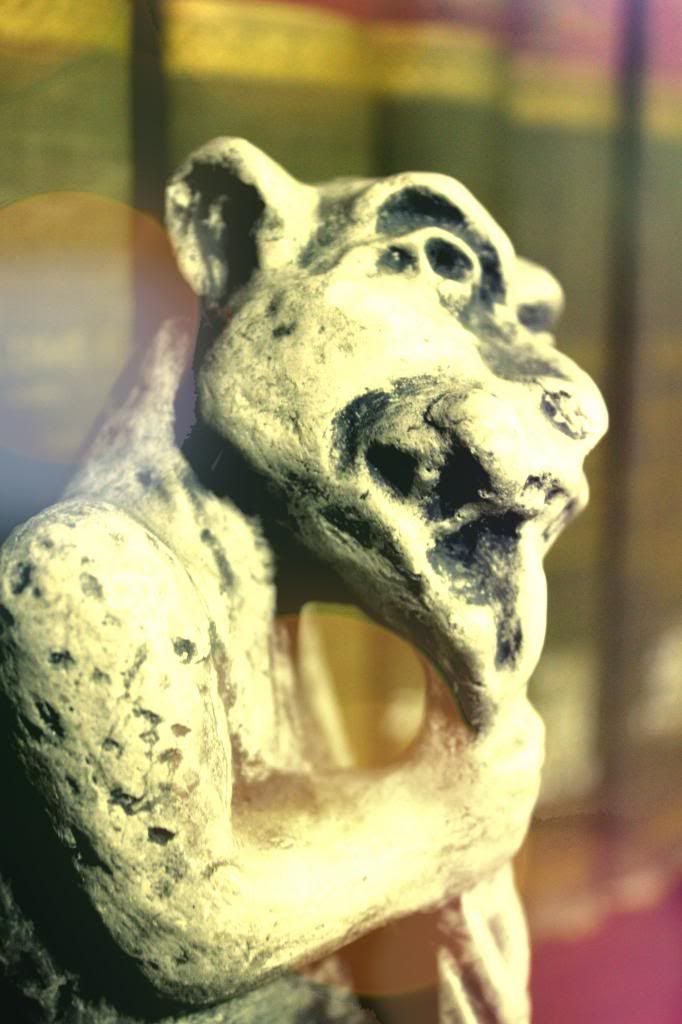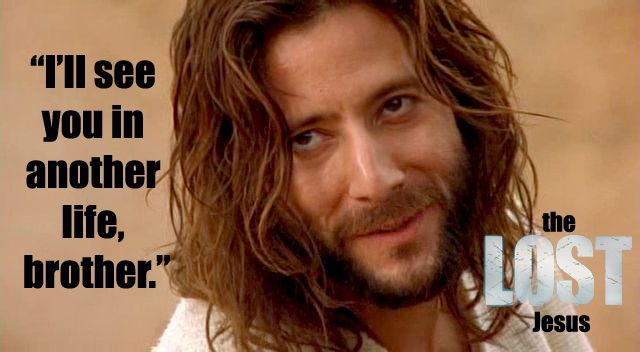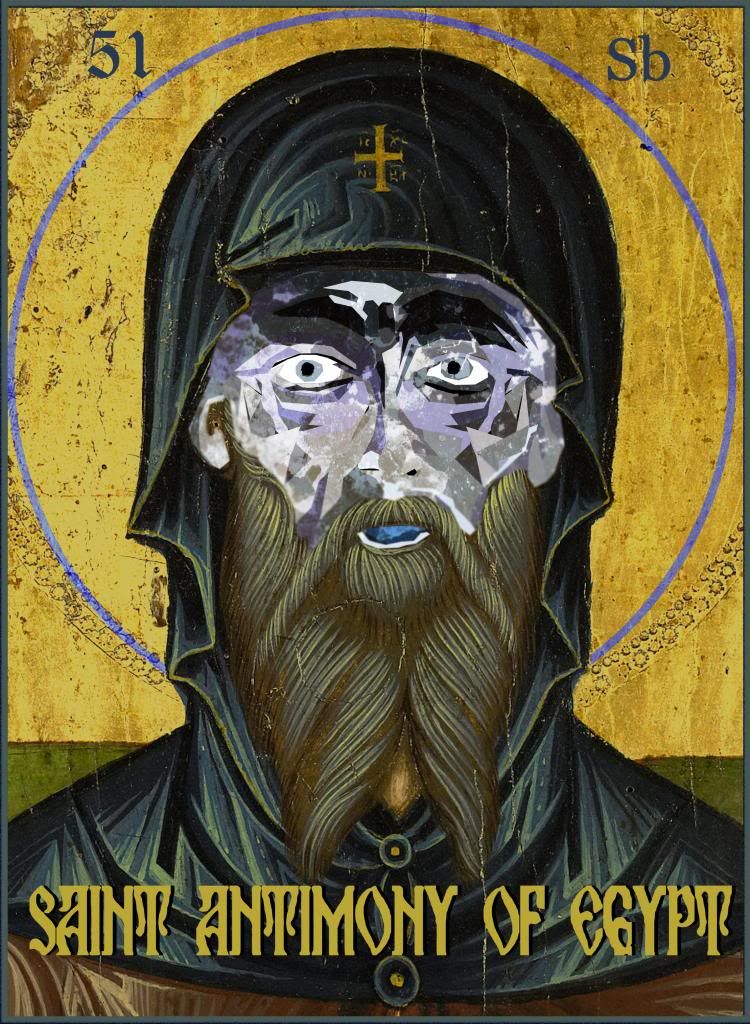In John 12: 1- 11 we read about Mary (sister to Martha and Lazarus)'s anointing of Jesus' feet with nard (or, spikenard, as some translations have it) and then wiping them with her hair. I have several somewhat-unconnected thoughts and questions as I begin to think about this text in preparation for preaching this Sunday.
In Mark (14: 1 - 11) and Matthew's telling of this story (26: 6- 13) -(Luke doesn't have it)- the story takes place at the home of of one "Simon the Leper", the woman is unidentified, and the story takes place
after the triumphal entry / Palm Sunday event. In John's telling the home seems to belong to Lazarus and his sisters (though it doesn't say so specifically), the woman is identified as Mary, and the story takes place
before the triumphal entry /Palm Sunday event.
I said that Luke doesn't have this story - but that might not be altogether accurate.. In Luke 7: 36 - 50 Jesus has dinner at the home of "Simon the Pharisee" when an unidentified and sinful woman comes in to anoint Jesus' feet with her tears and perfume and to wipe them with her hair (and this also is
before the triumphal entry / Palm Sunday event.)
So...do we have 3 different happenings? One at "Simon the Leper's", one at "Simon the Pharisee's" and one at Lazarus' house? On the whole, that seems doubtful. Some have suggested that "Simon the Leper" = "Simon the Pharisee" = Lazarus and that Mary = the sinful woman =unidentified woman. But, that seems doubtful as well.
Perhaps what we have is one common event that is something like all of these tellings - but not exactly like any of them. We might consider that each of the gospel writers has taken this common story and adjusted it to the needs of his particular narrative, adding characters here, changing the location there, shifting the timeline, creating dialogue, etc... as needed.
We might also notice how John has described Mary, Martha and Lazarus. In John's telling Lazarus is reclining at the table with Jesus, Martha is serving the meal, and Mary is worshiping Jesus. Does this sound familiar? It should. Compare this story to Luke 10: 38 - 42... Lazarus isn't there but Martha is in the kitchen and Mary is at Jesus' feet. Has John borrowed a bit from this story as well?
And a thought about that nard that Mary poured over his feet. This story is already fairly charged with some underlying eroticism ("feet" occasionally being a Hebrew euphemism for genitals, the intimate touching, the unbound hair...) so I hesitated to allow this next connection. But in the Song of Songs 1: 12 we read,
"While the king was at his table, my nard spread forth its fragrance." And the very next story in John is Jesus' entry into the city of Jerusalem where he is hailed as "king"
"See, your king is coming..." Not only is her anointing for Jesus' burial (preemptively) but also to identify Jesus as the king.
***
EDIT
Another suggestion that I found today says Simon was the father of Lazarus, Mary, and Martha...oh, and also (according to John 6:71) of Judas Iscariot. Impressive family, if true, but still seems unlikely to me...
***
And finally - Here is a short little piece of music that I have arranged for this story:






 People who come into my office sometimes comment on the "gargoyles" I have on my bookshelf. (They sit alongside a few statues of various saints.) But I have to correct them. They aren't really gargoyles. They are grotesques.
People who come into my office sometimes comment on the "gargoyles" I have on my bookshelf. (They sit alongside a few statues of various saints.) But I have to correct them. They aren't really gargoyles. They are grotesques. 


 Saint Antimony of Egypt, also known as Saint
Antimony the Great, Antimony of the Desert, and Antimony the Monk-Killer was a Christian
saint from Egypt and prominent leader among the Desert Alchemists. The
biography of Antimony’s life, written by Father Arsen, helped to spread the
concept of anti-monasticism. He is often
credited as the father of all monk killers, but this is due, largely, to his excessively
toxic reputation.
Saint Antimony of Egypt, also known as Saint
Antimony the Great, Antimony of the Desert, and Antimony the Monk-Killer was a Christian
saint from Egypt and prominent leader among the Desert Alchemists. The
biography of Antimony’s life, written by Father Arsen, helped to spread the
concept of anti-monasticism. He is often
credited as the father of all monk killers, but this is due, largely, to his excessively
toxic reputation. 
 Dear Saint Frankenstein,
Dear Saint Frankenstein,
 There Once Was a Prophet from Judah: Biblical Limericks for Fun and Prophet
There Once Was a Prophet from Judah: Biblical Limericks for Fun and Prophet